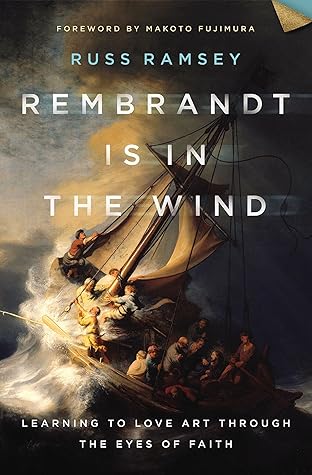More on this book
Community
Kindle Notes & Highlights
by
Russ Ramsey
Read between
June 5 - July 23, 2025
Henri Nouwen wrote in The Return of the Prodigal Son, “Our brokenness has no other beauty but the beauty that comes from the compassion that surrounds it.”
This is the gift of beauty from an artist to their community—to awaken our senses to the world as God made it and to awaken our senses to God himself.
Beauty is a relic of Eden—a remnant of what is good. It comes from a deeper realm. It trickles into our lives as water from a crack in a dam, and what lies on the other side of that dam fills us with wonder and fear. Glory lies on the other side. And we were made for glory.
Living with limits is one of the ways we enter into beauty we would not have otherwise seen, good work we would not have chosen, and relationships we would not have treasured. For the Christian, accepting our limits is one of the ways we are shaped to fit together as living stones into the body of Christ.
On the other side of the veil is the tangible glory of unfailing perfection, but it is just out of our reach. So we have given ourselves to the pursuit of making copies from the dust of the earth, compressed by time, crafted by pressure, but conceived by something more than mere imagination.
Everything we make, in some measure, relies on the help of others. All of us rely on borrowed light. Even the blind composer sits at a piano not made in darkness.
Perhaps one of the greatest gifts Vincent gave was his conviction that this world in which we wait is not ugly or empty. This belief bore itself out in beautiful paintings of ordinary people and places. The world he knew was glorious, alive with color, texture, and wonder. He has helped us see it, and in helping us, he has nurtured the hope that a truer, greater glory lies just beyond.


